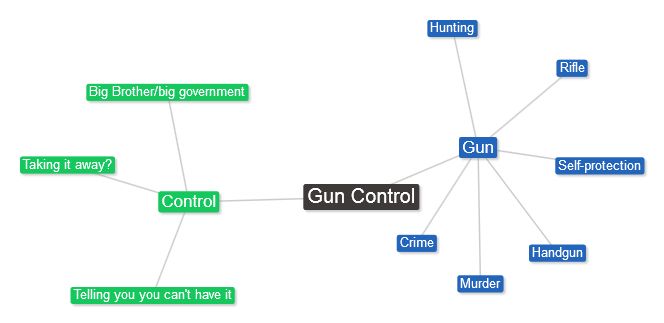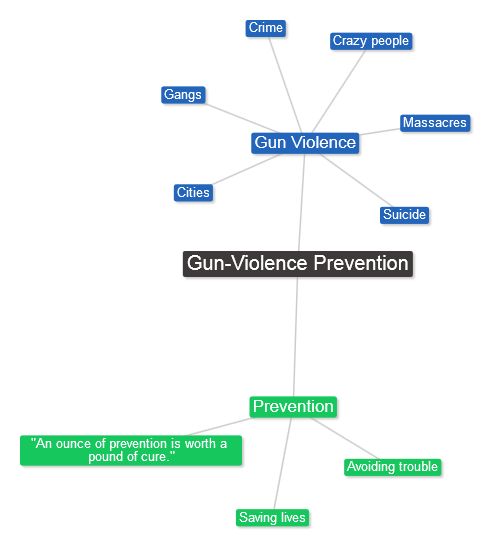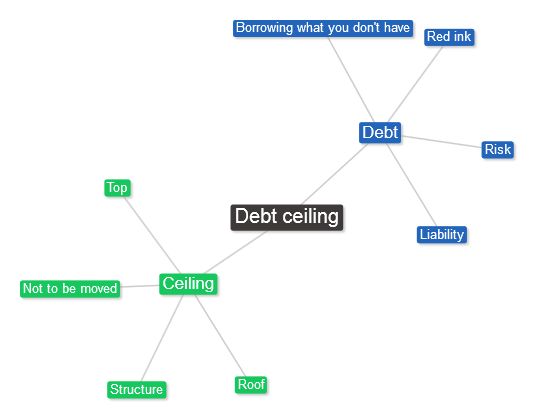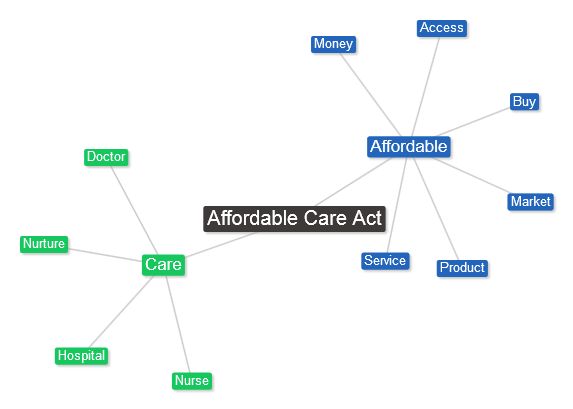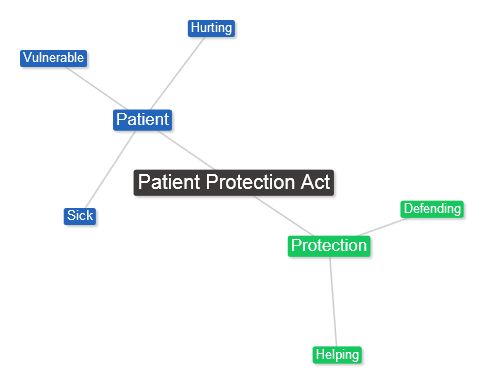This refers to the expectation of the Patient Protection and Affordable Care Act (PPACA) that Americans that do not already have health insurance get it. Those that remain uninsured would pay a fine.
I think that supporters of the PPACA should avoid this phrase because it frames the expectation as big, bad government forcing people to do what they don’t want to do.
What if instead we frame having adequate health insurance as a civic duty? This duty helps ensure that all Americans can get the medical care we need . When we all have health insurance, we are taking care of both ourselves and our fellow Americans. That is right and responsible.
Shirking this duty would mean risking leaving medical bills unpaid and bankruptcy for ourselves. It also could mean higher costs for everyone else. This would be reckless and unfair. Because shirking imposes costs on others, it’s fair to charge a fine.
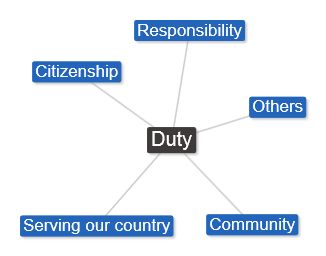
Instead of calling this part of PPACA the individual mandate, here are some potential alternatives:
- The expectation of having health insurance (or health insurance expectation)
- The duty of having health insurance (or health insurance duty)
- The coverage expectation
What do you think this responsibility should be called?


